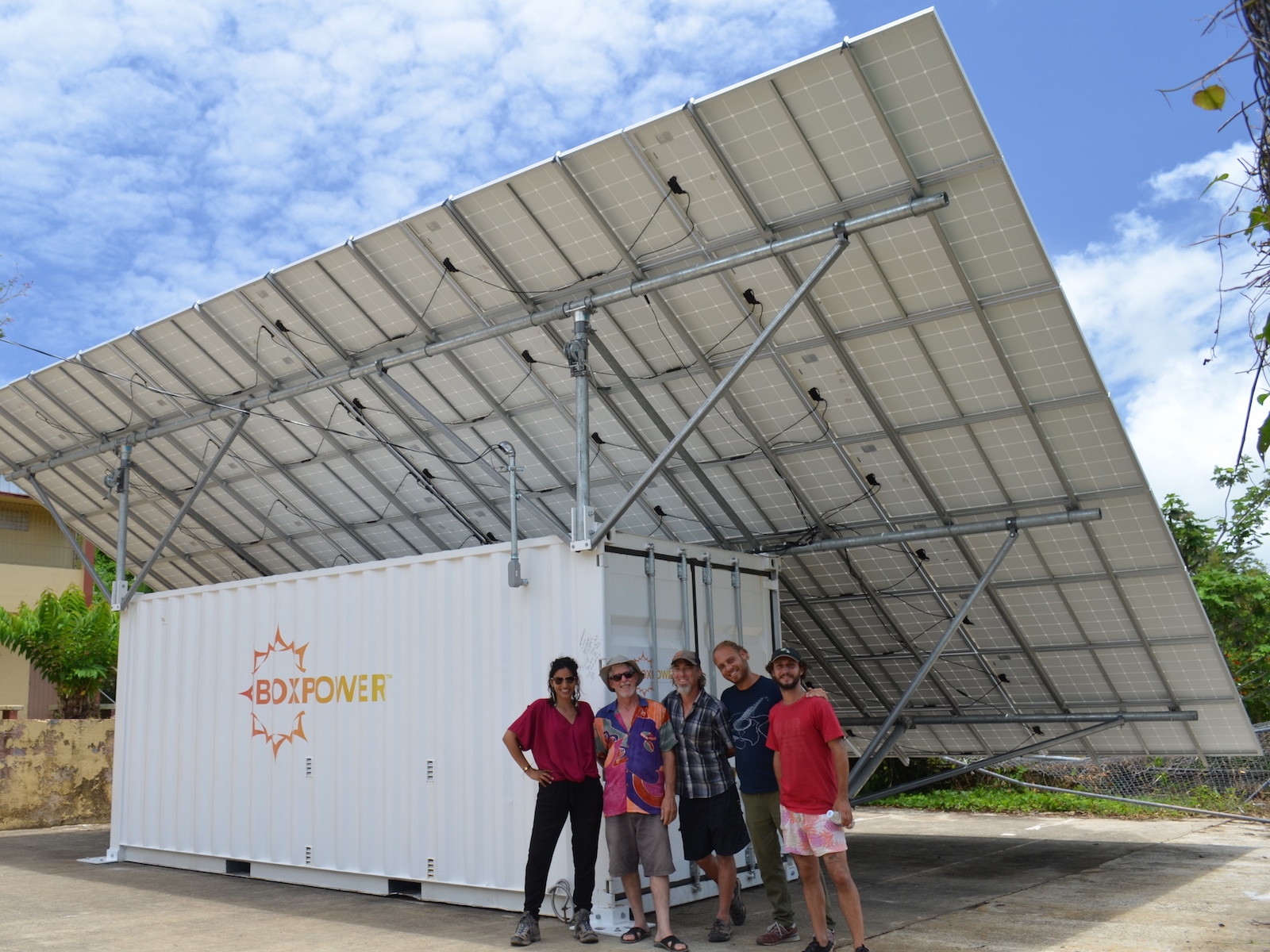It’s commonly known among people in the solar and DER (Distributed Energy Resource) space that utilities tend not to want to see their customers be islanded.
However, absolutes are never true.
In some cases it does make sense for utilities to island customers from their electric grid and BoxPower is one such company helping service that need.
Grid Edge Communities are a loss on the books for utilities
If you remember an earlier edition of the DER deep dive we’ve been doing – utilities are typically incentivized by avoiding losses more than they are about gaining new revenue. This is critical to understand because it lays the groundwork for why companies like BoxPower need to exist.
Grid Edge Communities are causing significant, guaranteed losses for utilities as regulation doesn’t allow utilities like PG&E to not service customers or rate hike specific individuals.
The reason these communities at the edge of the grid cost the utility so much is due to various factors:
- Difficult terrain makes it hard to service power lines
- Certain powerlines may be subject to wildfires or require heavy maintenance
- Powerline upgrades are expensive especially with demand increasing and the movement towards cleaner and more variable sources of energy
Rapidly deploy and let third party entities manage microgrids
BoxPower introduces the ability for groups like PG&E to take a modular approach toward deploying microgrids. This creates a financially viable option for utilities to consider when debating upgrading power lines to increase reliability.
The modularity approach to building a microgrid – stacking batteries, solar panels and generators – definitely has proven to be a useful strategy as we see companies like Tesla standardize even residential solar install sizes as opposed to custom engineering a project each time it comes in.
However, for utilities this presents a cost effective path to go down to deliver clean and far more reliable power to customers living at the edge of the grid.
Outlook
BoxPower has begun to pilot projects with PG&E and has done deployments in places like Puerto Rico. The thing that excites me is the space of modular microgrids and how new electric retailers or utilities will take advantage of the flexibility these assets can deliver.
Companies like BoxPower or Scale Microgrid Solutions could really be key players in supplying new advances in energy technology as modularity may enable the ability to hot swap components – making the grid far more dynamic and interesting to follow as new technologies could be adopted much faster than usual.
About The Author

Swarnav has over 10 years of experience in the energy & climate tech space, holds 2 patents and is active in the tech, climate and media industries. He specializes in Product/Product Innovation as well as Go-To-Market and Growth Strategy.
By training he’s a Materials Engineer with a background in research from his time at Georgia Tech and University of Illinois (UIUC).
He founded TouchLight a utility backed energy company focused on developing IP for utilities and startups pushing electrification forward. He also serves as the appointed Chairman for the Town of Yorktown’s Climate Smart Communities Task Force, where he helps with drafting legislation and enabling sustainability efforts within the town.
Concurrently, Swarnav founded The Impact to help investors, emerging founders and driven climate enthusiasts discover and identify new climate-tech startups, technologies and opportunities before they hit the traditional media sources.

